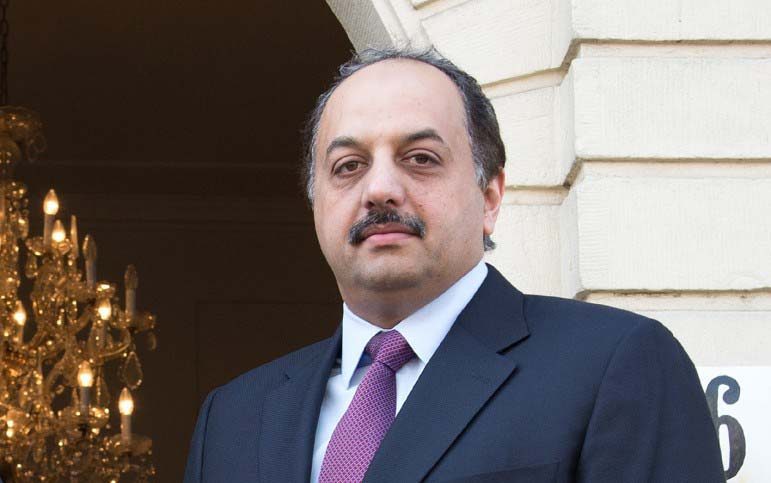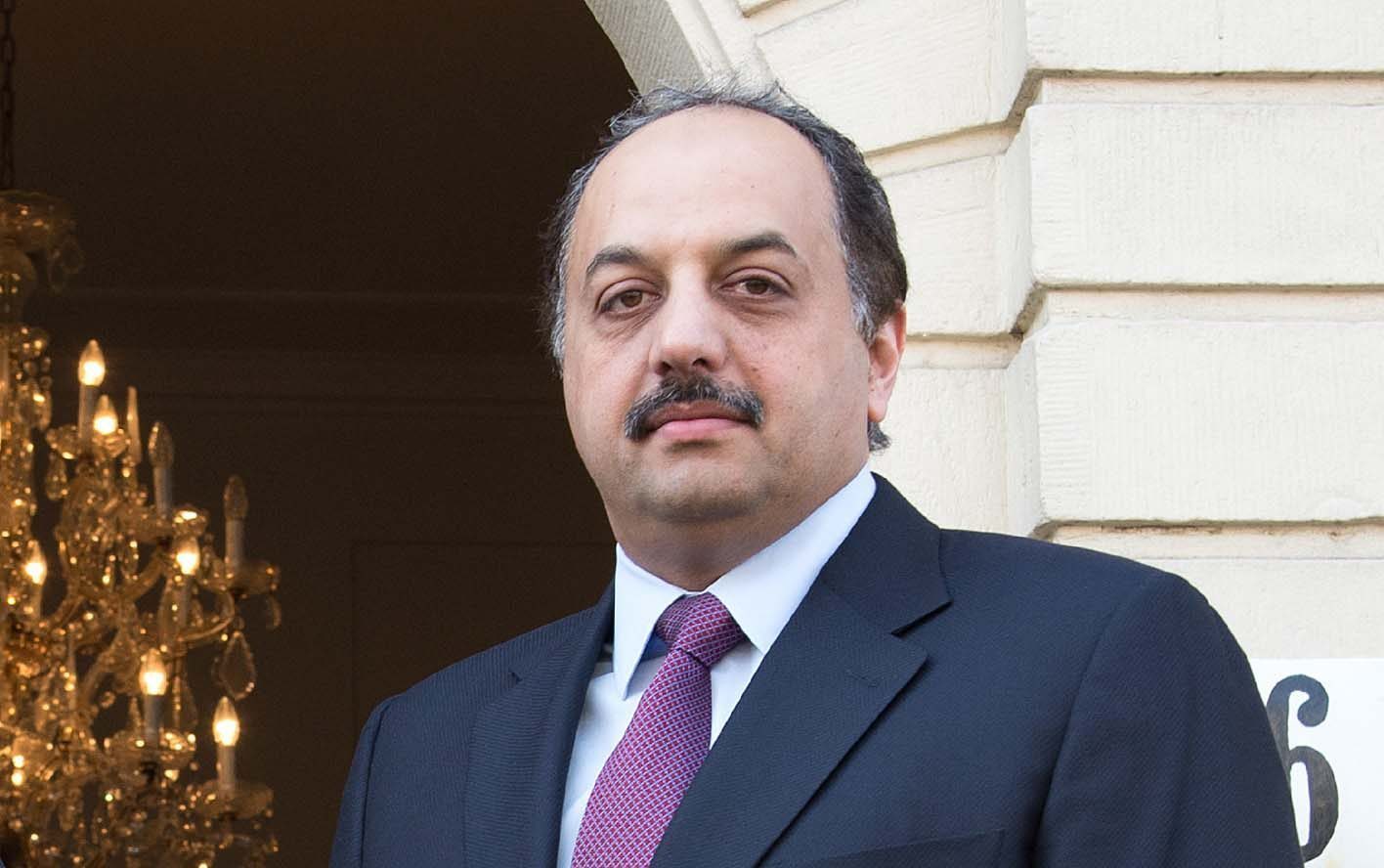
Qatar’s foreign minister has said five Taliban detainees living in the country are abiding by their release conditions, even as questions emerge about what will happen to the former fighters when terms of the arrangement expire later this year.
The five men were released from an American prison in Guantanamo Bay and sent to Qatar last year in a prisoner swap that saw US soldier Sgt. Bowe Bergdahl, who was held captive in Afghanistan for five years, returned to the states.
Late last week, US Senator Lindsey Graham – who recently visited Qatar – said the men may be looking to return to the battlefield and they had “reached out” to individuals fighting American forces in Afghanistan who had come to meet with them.
“The Taliban five are communicating with people inside Afghanistan,” Graham – a member of the Senate’s Armed Services Committee, was quoted as saying.
It’s not clear if such communications would violate the terms of their release, which – beyond a requirement to remain in Qatar for one year – were never publicly disclosed. The Washington Post, citing unnamed sources, previously reported that the other restrictions include a ban on fundraising and “military incitement.”
Regardless, Qatar’s foreign minister – Dr. Khalid bin Mohammed Al Attiyah – called the recent media reports “totally false” early this week.
“They are living according to the agreement we signed with the United States,” he said, according to Reuters. American and Qatari security agencies “will monitor and pick up anything that will happen,” he said, adding, “I can assure you, no one has made an attempt to go back” to Afghanistan.
Prior to last week’s reports, it appeared as though the Taliban members in Qatar had kept a low profile since their release. In their first public statement last June, they vowed to stay “loyal” to the agreement with Qatar.

Other members of the Taliban have lived in Qatar for several years. In 2013, the group opened a political office in Dafna that was reportedly intended to facilitate negotiations between the Taliban, the Afghan government and the US.
But the headquarters closed less than a week later after drawing the ire of then-president Hamad Karzai in Kabul for raising a flag and installing a placard that named the building a representative of the “Islamic Emirate of Afghanistan” – the former name of the country when it was under Taliban rule.
It’s not clear what, if any, control Qatar places over the Taliban’s activity in the country in exchange for allowing it to maintain a presence.
The US, however, admits that there is “very little” that country’s military forces can do to prevent the men from returning to the battlefield later this year.
Thoughts?







